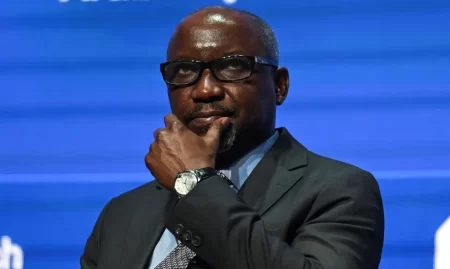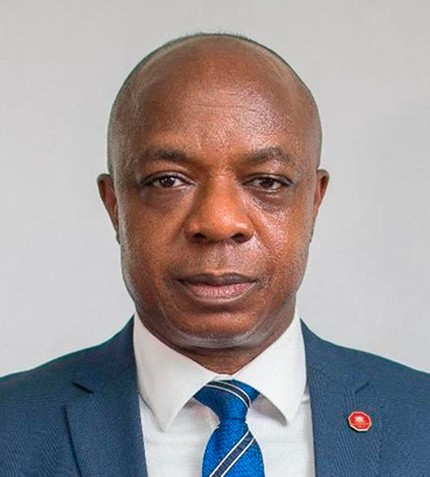Oscarline Onwuemenyi
05 July 2016, Sweetcrude, Abuja – The Nigeria Labour Congress (NLC) yesterday decried the non-constitution of the proposed committees on the new national minimum wage and other palliatives by the government, dismissing media reports that the committee has started work.

NLC’s President Comrade Ayuba Wabba said in a statement in Abuja that while the government agreed to constitute two committees to address issues raised by organised labour following increase in the pump price of petrol, the committee on the review of the national minimum wage has not been constituted by the government.
He said the stories in the media about the committee beginning its work was not only false and misleading, but mischievous.
According to him, considering the sensitive nature of the issue, the story is alarmist, and constitutes an unnecessary overheating of the polity, saying “to the best of our knowledge, government accepted to set up two committees as a result of the major protest action by Labour following the increase in the pump price of petroleum products from N86:50 to N145.
“These committees are Palliatives Committee and National Minimum Wage Committee. Broadly-speaking, they are to make recommendations to government on how to cushion the harsh effects brought on the people by the sharp increase in the pump price of petroleum products as well as address other issues connected with the workings of the institutions in the downstream sector of the petroleum industry, especially the PPPRA.
“Similarly, the committees are to make recommendations on other challenges militating against the regular supply of petroleum products. The acceptance of government to set up these committees was part of the process of addressing the concerns of labour.”
He added that, “On June 2, 2016, the Committee on Palliatives was inaugurated by the secretary to the Government of the Federation. An inaugural meeting chaired by the Minister of Labour and Employment, Dr Chris Ngige held thereafter during which it was agreed that a tripartite committee (comprising representatives of Government, Employers and Labour) on a new National Minimum Wage be set up in line with extant laws and procedure.
“Organised Labour had taken the position that in order to deepen its presentation, it would consult widely with its affiliate unions. Although the framework or the outline of the work of the committee and its membership were discussed, the committee was not constituted.
“Part of the explanation for this was that the annual International Labour Conference in Geneva to which the stakeholders in Labour were invited was already in progress and members had to travel to Geneva.
“We have no doubt that with the stakeholders back from Geneva, the committee will be constituted in line with the established law, convention and practice.
“From this account, it is evident that there is a difference between the Palliatives Committee and the National Minimum Wage Committee. We find it necessary to advise the media to verify their stories from appropriate sources, such as the NLC before rushing to the press.
“Even before the fall-out from the increase in the pump price of petroleum products, the NLC and the Trade Union Congress had submitted a proposal to government for a new minimum wage.
“This action was informed by the fact that a new minimum wage was legally due after five years, and coupled with this, inflation and major devaluations of the naira had rendered the N18,000 minimum wage unrealistic.
“Without the slightest intention to pre-empt the direction of discussion, a realistic minimum wage at the moment will have to take on board the recent complications created by the N145 pump price of petroleum product and the floatation of the naira as an economic policy and their aftermath.
“In a few words, the earlier figure by NLC and TUC may have been rendered inappropriate by these recent developments. We have gone to this length to show how sensitive this subject matter is and why no one should test waters with speculations or outright lies.”



